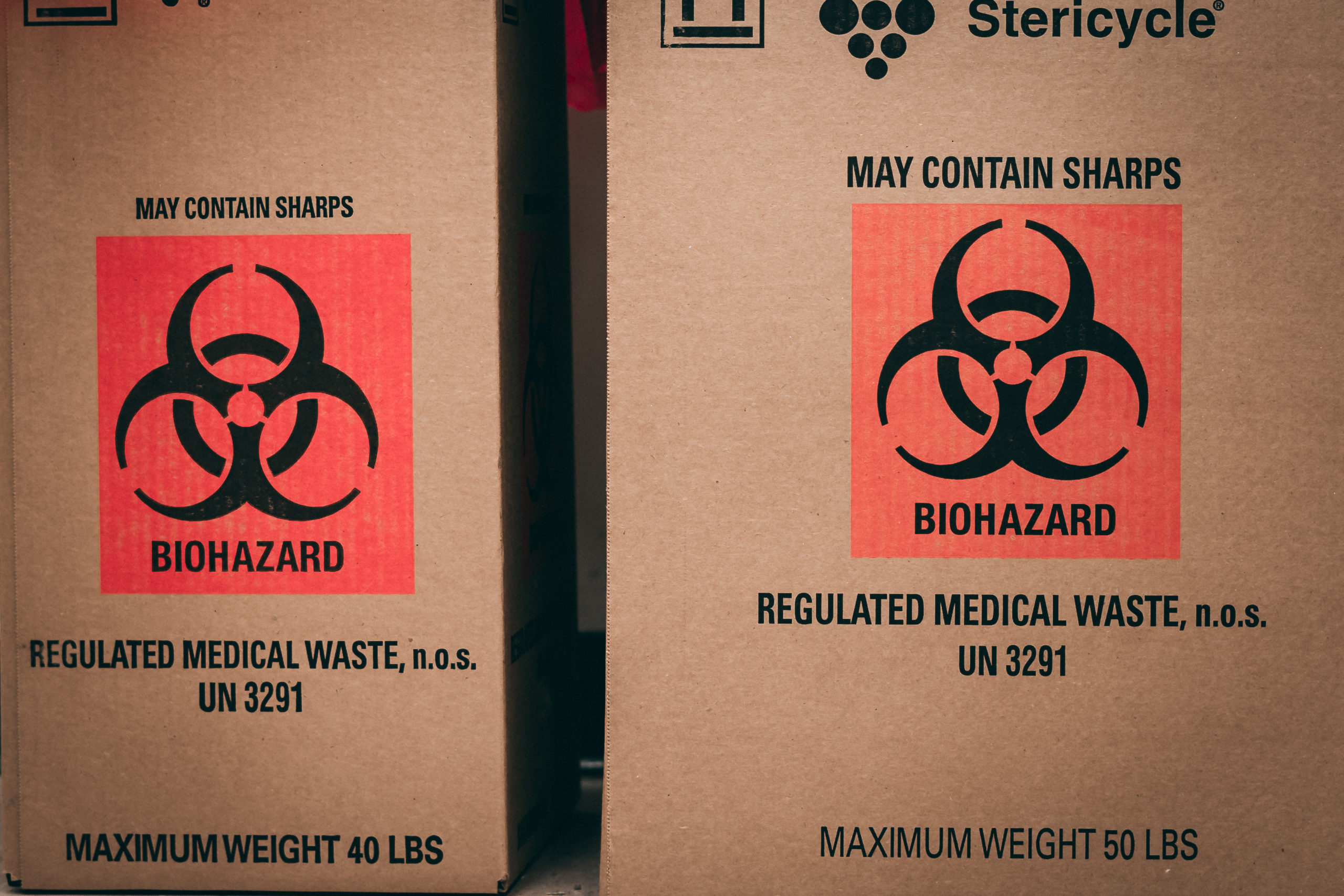
Science Lab | Photo by Soham Parikh | The Wright State Guardian
Wright State University’s largest graduating class of nurses will be granted temporary licenses upon completing the required courses and clinical hours.
This news came after Governor Mike DeWine signed a bill offering a suspension of the law that requires a licensure exam for nurses to begin work.
How it works
According to College of Nursing and Health Interim Dean Deborah Ulrich, there are 120 graduating nursing students who get to jump right into the field at this time.
“That temporary license will allow them to work as a nurse and it will be in effect for either 90 days after the end of the pandemic or after December 1 2020, whichever comes first,” said Ulrich.
Once completing virtual clinical hours, WSU will send a verification of completion to the Ohio Board of Nursing (OBN). Upon verification, nursing students will be able to apply for their temporary license.
Additionally, it is required to have an updated background check. At this time, resources are limited to complete the background check due to Ohio’s stay-at-home order.
According to OBN, there is an expected minimum of 5,000 incoming healthcare providers, therefore processing may be delayed, but they are preparing to work as efficiently as possible.
The last course that nursing students take in their final semester is working as a nurse with a preceptor who is a nurse on the unit, according to Ulrich.
“They shadow this person and learn the role of a nurse, and then as time goes on through the semester, they end up doing a complete job and the real nurse is following them,” said Ulrich. “Many times with this program, they are placed and pre-hired.”
The student perspective
According to senior Nursing major Hannah Blankenship, clinicals have continued online. There are virtual patients that have to be assessed and diagnosed to create a care plan on. This takes around eight to 10 hours per patient.
“I am very excited, yet nervous, to get right to work. The reason I went into the field of nursing was to help people when they are having the worst day of their life and when they are most
vulnerable,” said Blankenship. “I feel honored to be able to help out during this pandemic. Of course, that comes with some risks, but someone’s got to do it.”
Blankenship has accepted a position on a Medical Surgical Intensive Care Unit at Miami Valley Hospital.
According to Ulrich, this system is similar to how OBN operated many years ago.
“I graduated back in the 70s. They only gave the state board exam, which is a paper and pencil test, twice a year, and they gave it all together. Everyone who took the test came to the state fairgrounds in Columbus to take the test,” she said. “So if you graduated and there wasn’t a test for another six months you had to do something, so at that point you could work as a graduate nurse. You could do everything a nurse could do, but you didn’t have a license until you actually took the test so we’re kind of going back to that.”
WSU nursing students typically have jobs before graduating from the program. The college prides themselves on the relationships they have with surrounding healthcare partners.
“There’s a nursing shortage. They’re competing for our graduates,” said Ulrich.
The College of Nursing and Health recently donated all Personal Protective Equipment (PPE) that was kept in the campus labs to help protect healthcare workers in the time of the crisis.
“I believe WSU prepared me and Miami Valley is giving me this amazing opportunity to help people while learning and getting my hands dirty,” said senior Kaylyn Textor.
Textor has accepted a job at Miami Valley Hospital in the neuroscience intensive care unit.
“It’s different than what we’ve been expecting but I think it’s a good option to get us out there working as nurses,” said Marissa Mercuri, graduating nursing student.
Mercuri will be working on an advanced care neuro floor, which she believes has not been affected by the virus so far.
“I think my time in the WSU nursing program has prepared me, I wish I could’ve finished my capstone as I was on the floor I’m going to be working on but I know I’ll have training too when I start but I’m ready to get out there and start working,” said Mercuri.
Incoming healthcare workers who have applied for temporary licensure can check on the status of their application on the OBN webpage.
- “Resumes and Raising Cane’s” Event Provides Unique Learning Opportunity
- Final Letter from the Editor, Alexis Lewis
- Horoscopes: What Pet Should You Adopt?
